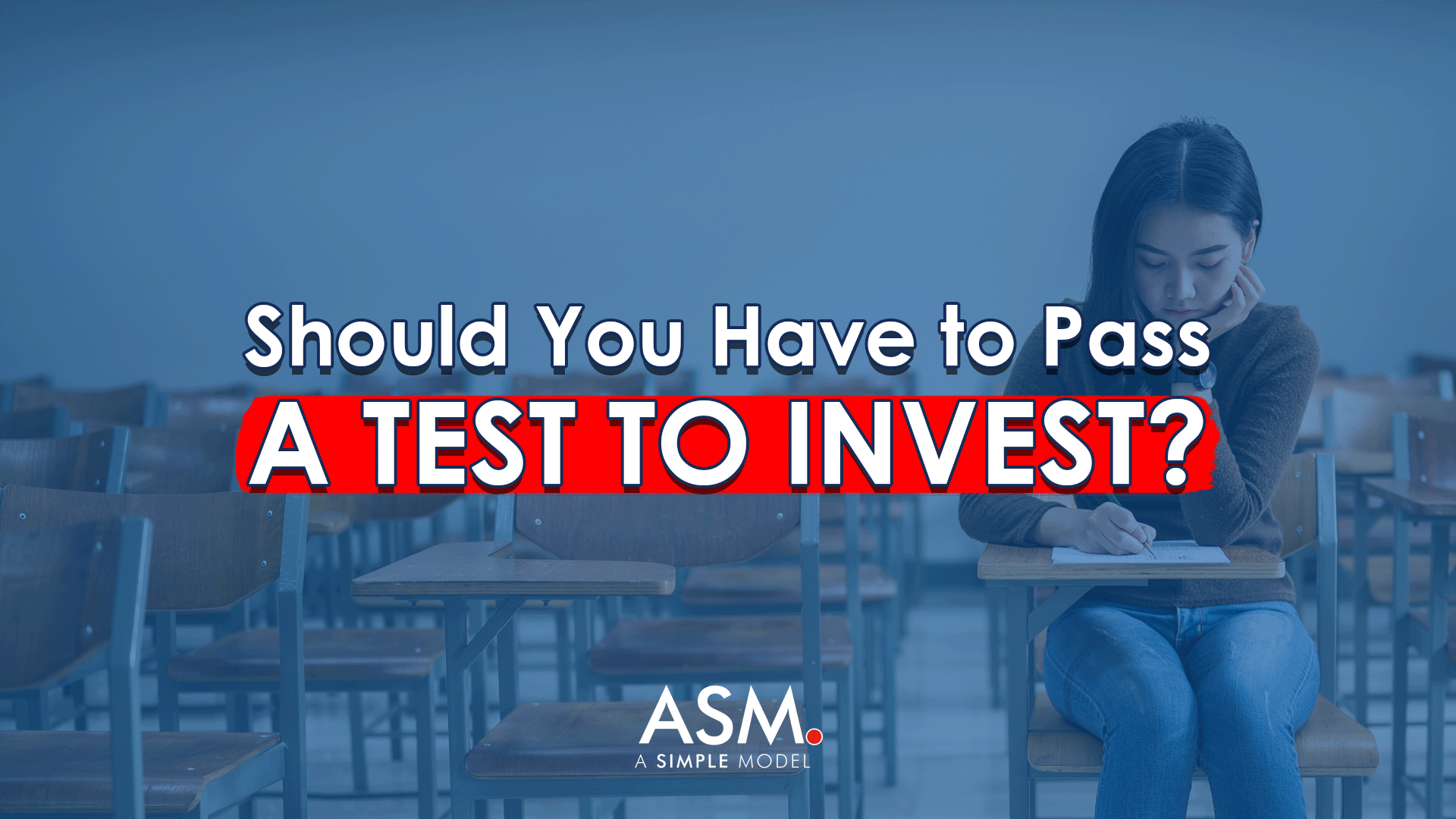
Today anyone with an internet connection and a checking account can put their savings in a wide variety of potentially volatile investments. Meme stocks, cryptocurrency, rare sneakers, the list goes on. But is it safe? Euphoria can quickly drive these asset classes into uncharted waters where you do not want to follow. What should investors make of Peanut the Squirrel’s cryptocurrency, for example? A “meme coin” named after the viral pet rodent that was euthanized by New York environmental authorities on October 30th traded at a peak of $1.7 billion. As of this writing, it has fallen to around $180 million.
At the same time, legislation that dates back to the Great Depression prevents these same investors from accessing a very large universe of private companies because they are supposedly too risky. In what world does that make sense?
Access to securities not registered with financial authorities have been restricted since 1933, when the Securities Act gave the federal government a major role in regulating investment markets. Such regulations have a way of growing over time (like either ivy or mold, depending on your politics). And in 1982 the Securities and Exchange Commission (SEC), acting under authority of Regulation D of the 1933 Act, created the criteria for an “accredited investor.” These are people with a net worth of over $1,000,000 (excluding a primary residence) or income of at least $200,000 for an individual or $300,000 for a couple.
From the start, the definition was somewhat arbitrary. But the regulators’ assumption was that these were the people with the sophistication and resources necessary to invest wisely in non-public spaces such as venture capital, hedge funds and private equity (where, incidentally, some pretty good returns can be had). Investors who did not meet the definition were simply shut out of these markets, and still are today.
That could change, if a proposal from Senator Tim Scott becomes law. It envisions non-accredited folks being able to invest in accredited spaces by passing a test of financial sophistication. It’s too early in the legislative process to say exactly what this test might be like. The WSJ piece quotes a senate aide as saying it would likely be harder than getting a learner’s permit to drive, yet not “impossible.”
Is this a good idea? Or perhaps should the entire concept of an “accredited investor” simply be thrown out as a relic from a bygone era?
Writing in Bloomberg, Matt Levine proposes as an alternative a “certificate of dumb investment“:
The idea is that anyone can go to the SEC and ask for the certificate, which says: I want to buy a dumb investment. I understand that the person selling it will almost certainly steal all my money, and that I would almost certainly be better off just buying index funds, but I want to do this dumb thing anyway. I agree that I will never, under any circumstances, complain to anyone when this investment inevitably goes wrong. I understand that violating this agreement is a felony.
I’d argue that in practice, this pact is already in place for many of the options listed in the introduction. Rather than building a new hoop for people to jump through, I think it would be more appropriate to focus on communicating the risks associated with investing and encouraging individuals to educate themselves on different asset classes and opportunities, what we try to do here at ASM.
Relying on a definition forty-two years old, which is based on legislation almost a century old, is problematic. To start with, inflation has distorted the meaning of accredited to include a much bigger slice of the population (1.8% of households in 1982 vs.18.5% in 2022, according to the WSJ). If regulators really wanted the definition to mean what it originally did, they would have to more than triple the net worth requirement. I can’t imagine that restricting private-market access almost literally to the 1% would be well received.
That said, I’m infinitely curious to see what test might be put forth if we go down this path. And imagine the cottage industry that would pop up overnight to help people pass it. Imagine how asset accumulators, who increasingly want access to individual investors, would try to influence the writing of the test. If nothing else, it would be interesting to watch.
And what of the correlation between wealth and financial sophistication? Proper investing is as much about how you behave as the knowledge you attain. As Morgan Housel writes in The Psychology of Money: “My favorite Wikipedia entry begins: ‘Ronald James Read was an American Philanthropist, investor, janitor, and gas station attendant.”
Mr. Read was the first person in his family to graduate from high school. He fixed cars at a gas station for 25 years and swept floors at JCPenny for 17 years. He died in 2014 with a net worth of over $8 million. Of the 2,815,503 Americans that also died that year, fewer than 4,000 (or 0.14%) had a net worth in excess of $8 million.
On the other side of the coin, how many highly educated people with bulging bank accounts lose everything? Mark Twain, world famous for his brilliance and well-set financially from writing and speaking fees, went bankrupt at age 58 because of multiple bad investments.
The secret to Read’s success was the simple compounding of blue chip stocks over decades. Many studies demonstrate that investors can be well served by this strategy. But it’s not the only space out there. Many people do extremely well investing in privately held companies, which vastly outnumber public firms. Restricting investors from accessing these assets based on wealth or a test score doesn’t strike me as the right approach. But whatever happens from a political and regulatory standpoint, educate yourself and you can always find ways to thrive as an investor and in life.